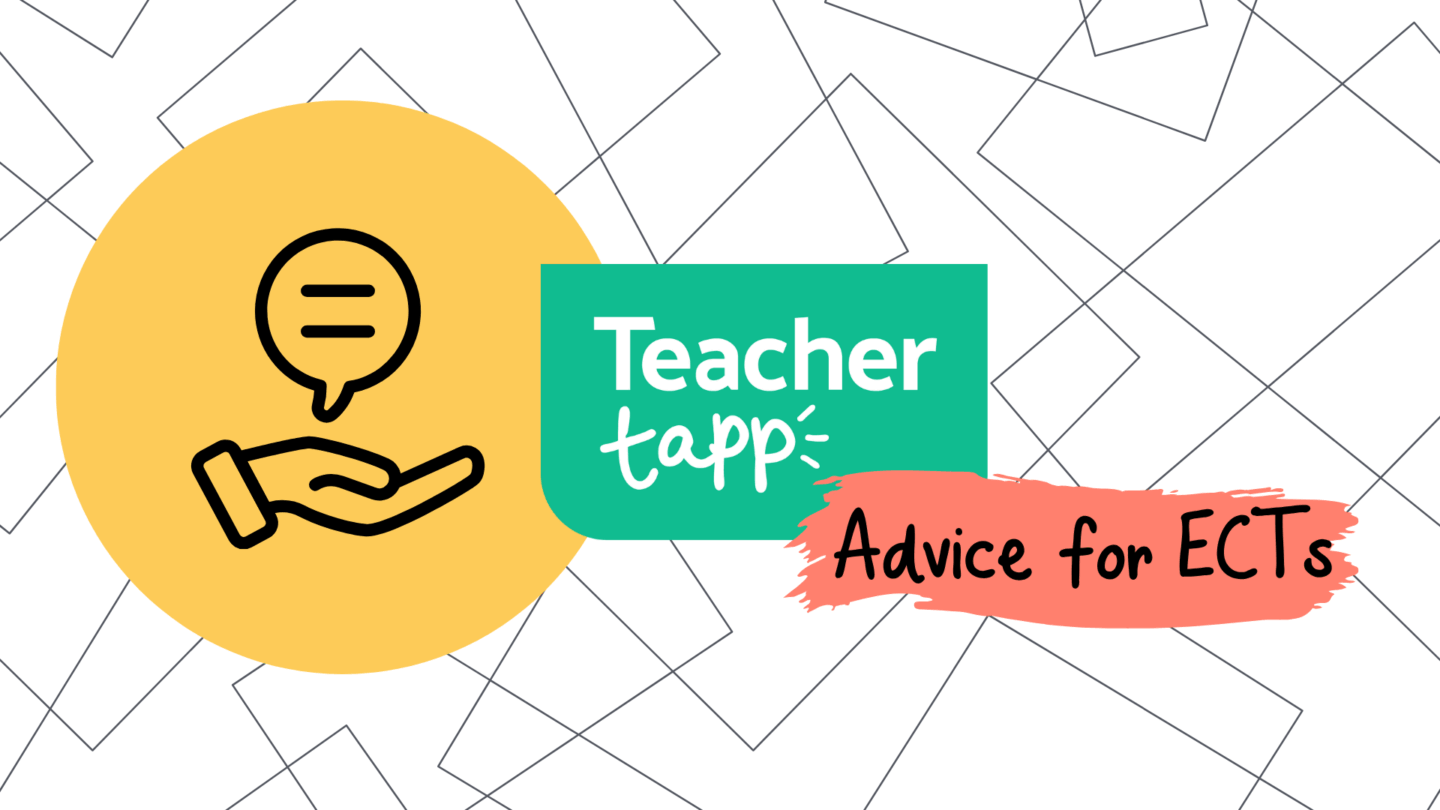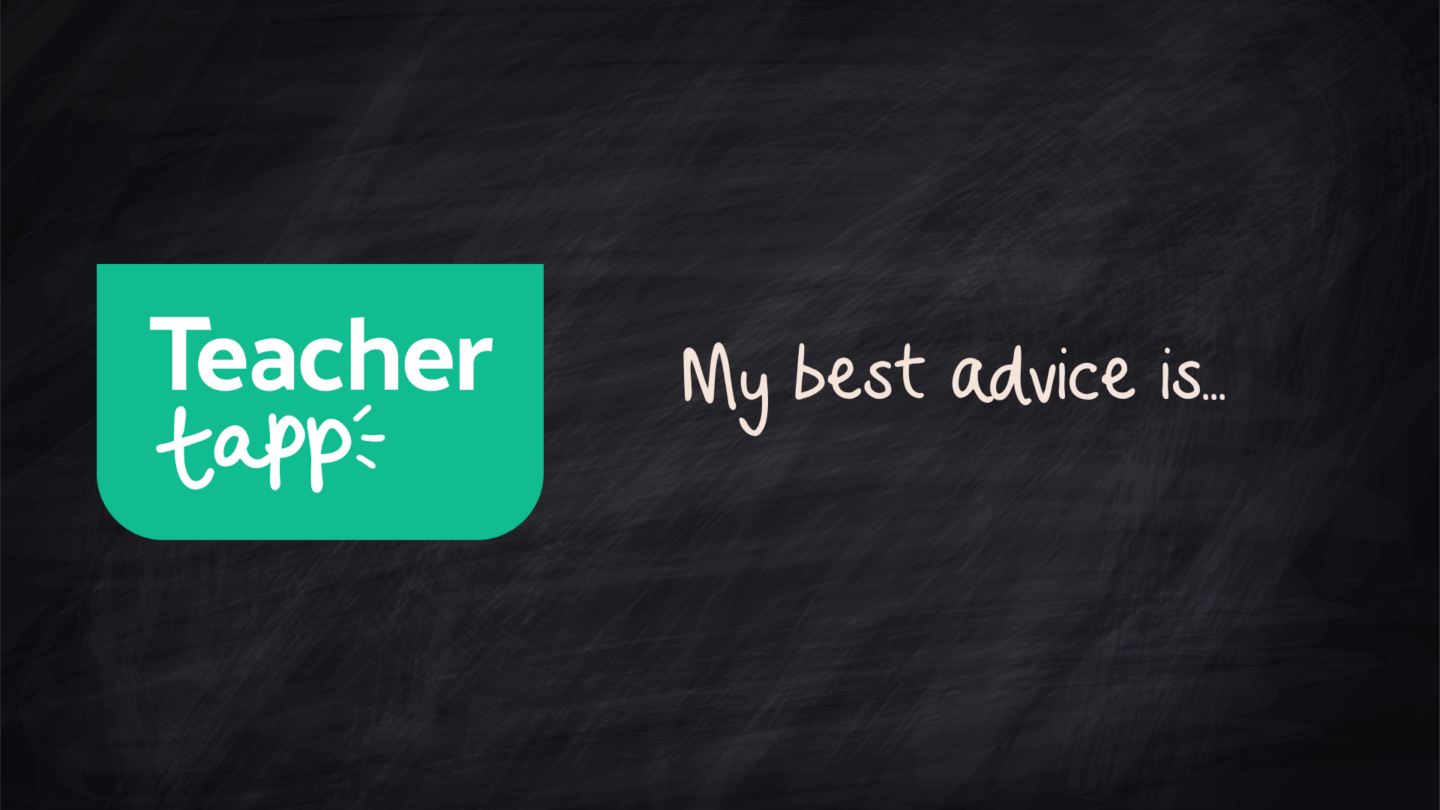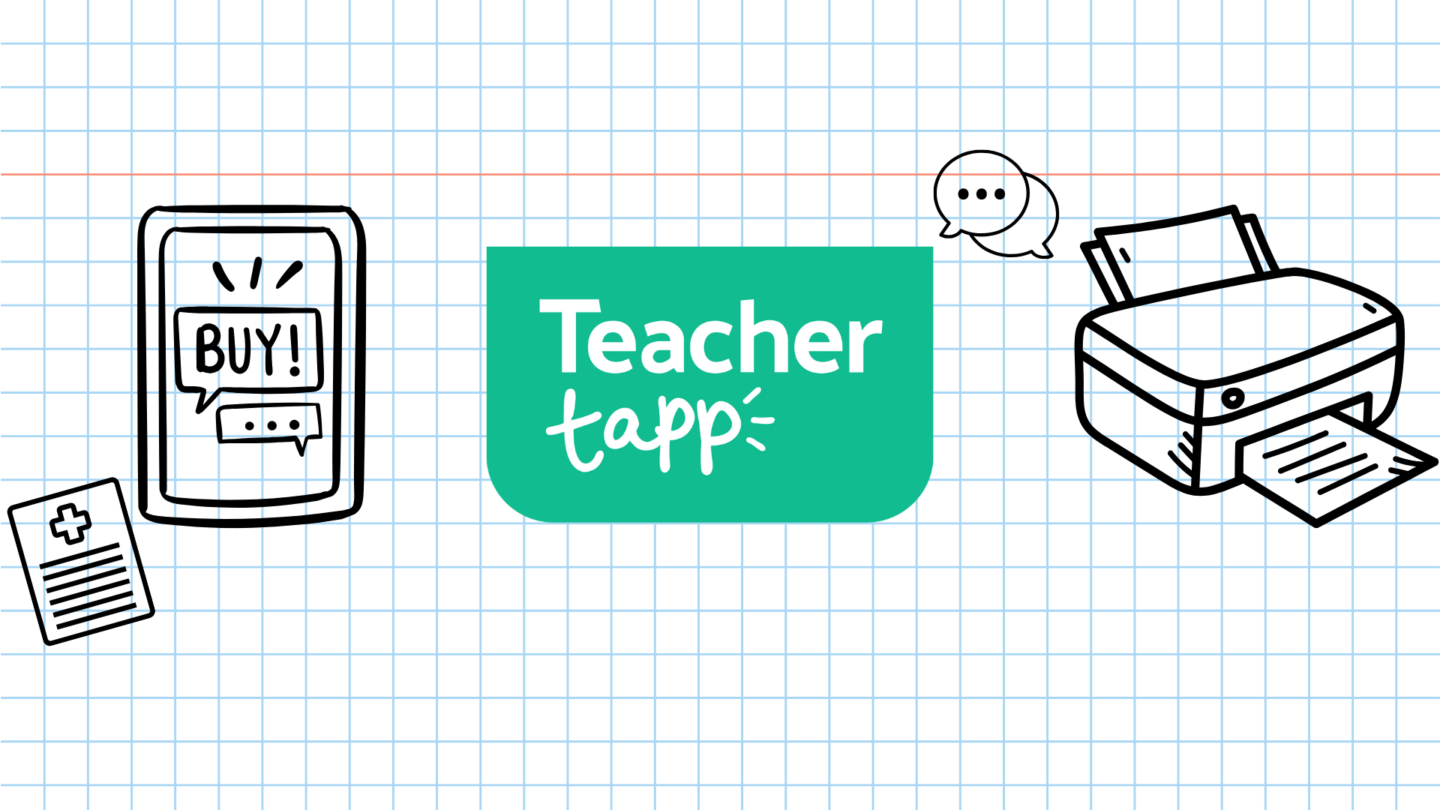Hey Tappsters!
Happy half term to the vast majority of you! Whether you’ve finished your half term, or have only just started, we hope get a chance to rest up ahead of the run to Christmas! 😴
Don’t forget our October prize draw wraps up this week, where the winner will win 10 umbrellas for those autumn break duties. Keep your eyes peeled when we announce the winner on Friday 👀 – it could be you!
So, what have you been telling us this week?
Work stresses
We know life in school can be stressful at times, and sometimes it’s far too much so! This week, just 21% of you said that stress levels were acceptable for the job that you do. Prior to the pandemic the figure was higher, with as many as 37% of you happy with the job’s stress levels.
There are many theories about the change – not least ongoing funding cuts which have reduced staffing and increased the responsibilities (see blogs passim for many stats on this).
A point of difference in this stat is that it’s the senior leaders (including heads) who are slightly more positive, in that they’re more likely to say the stress level is acceptable. This is despite the fact that on other measures of stress, for example, work-related anxiety, senior leaders generally have higher scores.
Why the discrepancy? Other psychological studies suggest that senior leaders have more choice in how they manage their work, which can make the stress easier to cope with, but it may also be that they feel the higher pay and status of their role means higher stress levels are acceptable.

Beyond the basic figures, this year we really want to get to the crux of what is making you stressed. So, we’ll be asking every month – so that we can look at pinch points across the year.
For example, in September, 29% of you said pupil pastoral concerns had stressed you. In October, that has risen to 36%. Similarly, 19% of you said marking was a particular stress in September, rising to 27% in October.
Many of you say you face a particular pain point in your relationships with parents. In October, 24% of you said you had been stressed or unhappy with these relationships in your school.
The three most common kinds of parent issues you are facing are unhappiness about sanctions (53%), unhappiness with the school rules (46%), and not supporting attendance (43%). This is the case across both primary and secondary phases. It is often headteachers who bear the brunt of parental complaints, and 47% of them have faced abusive language from parents directed at school staff and 25% directed at pupils.

Primary PPA – A deeper dig!
We know a lot about primary PPA now, but we haven’t asked much about the blocking of PPA, i.e. the length of time that you get your PPA for in one go.
Among primary teachers, 95% said that each of their PPA sessions is 30 minutes or longer. In fact, it is predominantly private schools that have short blocks. Twenty percent of private school primary teachers have some PPA time for less than 30 minutes in their week, compared to just three percent of state school teachers.
What goes on during PPA time, though? 51% of primary teachers said they always plan the work they complete during their class’ PPA time – with less experienced teachers the most likely to plan (59% with less than five years, compared to 48% with more than 20 years).
Ability Setting
After the pandemic, some secondary teachers said their school had removed some KS3 attainment groups to support having bubbles. 53% of English teachers said their Year 8 classes were in mixed attainment groups during the pandemic, compared to 31% before the pandemic.
It appears that this change has stuck! This year, 58% of English teachers say their Year 8 classes are mixed attainment, as are 56% of Science teachers’ Y8 classes. Y8 Maths classes are the least likely to be mixed attainment, with just 18% of Maths teachers saying this is the case.
How does this change going into higher years= groups? For English teachers, 46% say their Year 10 classes are set by ability, down eight percentage points compared to two years ago, but it hasn’t changed much for Maths or Science, 89% and 61% of whom have ability-set classes.

Open Evenings
Open Evenings are a key part of prospective parents’ decision-making when choosing a school for their child. For almost half of primary schools, though, open evenings are not a thing! 46% of primary teachers say their school does not run open evenings, with the remaining mostly saying their school operates normally around the evening!
Secondary schools are different—just 7% of secondary teachers say their school doesn’t run an open evening, and 54% say their school operates normally on both days. However, operating times differ hugely by region. 53% of teachers in London say their school finishes early for students so staff can set up. This is true for just 11% of teachers in Yorkshire and the North East!

Almost all secondary teachers are also required to stay late at their school for open evenings. 85% of classroom teachers say they have to stay behind at least once in the academic year!
🎩 Top events
A new event topped the chart this week! The Education People Show, an in-person event in Kent! Which our School Surveys team will be attending.
Don’t forget – we have lots of in-person, online and remote events available in the app! Just head over to the Events pages and there’s sure to be something for everyone!
Daily Reads
This week our most-read blog was about the lost art of planning.
Have you seen a great blog you think would make a great daily read? Let us know by emailing england@teachertapp.co.uk and we will check it out!





